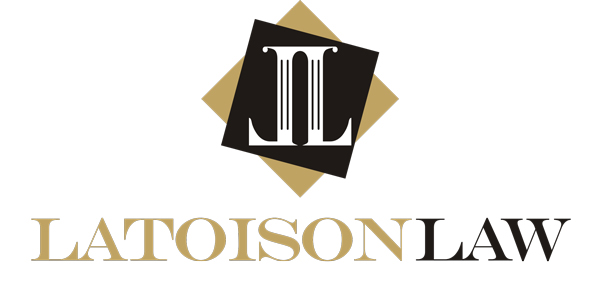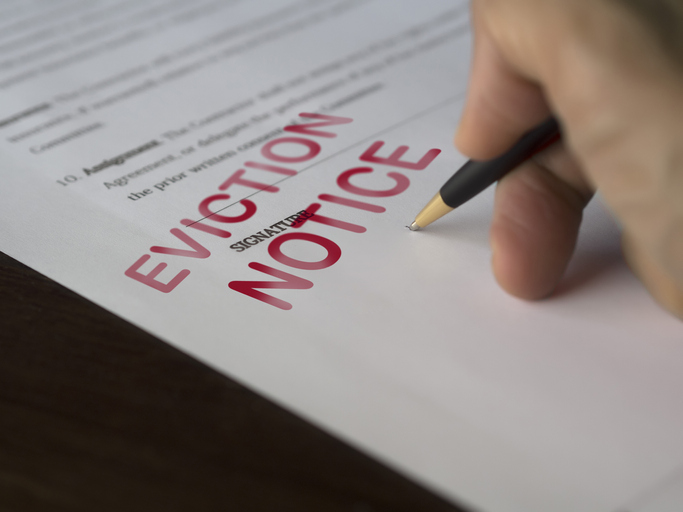Navigating the eviction process in Pennsylvania requires careful attention to legal details and procedures. At Latosion Law, we specialize in assisting landlords with the complexities of legally evicting tenants, whether due to nonpayment of rent, lease violations, illegal activities, or at the natural end of a lease term. We provide the necessary expertise to ensure that the rights of landlords are upheld and the process is handled efficiently and within the bounds of state law.
Are you a landlord in Pennsylvania dealing with a potential eviction? Contact Latosion Law at 610-999-1439 for expert legal assistance to navigate the eviction process with confidence.
The Legal Grounds for Eviction
In Pennsylvania, landlords must have one of the following reasons to evict a tenant:
- Nonpayment of Rent:
Rent is due based on the lease agreement, and if it’s even a day late, it’s considered overdue. Landlords must provide a 10-Day Notice to Quit, giving tenants the opportunity to pay the owed rent or vacate the premises. - Lease Violations:
Tenants are required to abide by the terms of their written lease. If they fail to do so, landlords can issue a 15-Day Notice to Quit for those with a lease of one year or less, or a 30-Day Notice to Quit for those with a lease of more than one year. - Illegal Activity:
If a tenant is involved in illegal activities on the property, landlords can serve a 10-Day Notice to Quit. This includes violations such as repeated illegal drug-related activities. - End of Lease Term:
Landlords must wait for the lease term to conclude if there are no violations. If tenants overstay, they can be evicted with either a 15-Day or 30-Day Notice to Quit, depending on the length of their tenancy.
Notice Requirements and the Eviction Process
The eviction notice is the first critical step in the process. Pennsylvania law dictates that this notice includes specific information, such as the nature of the violation and the timeframe the tenant has to rectify the issue or leave the property. Only after the notice period can a landlord file a complaint in court.
For instance, if the tenant fails to address the reasons outlined in the 10-Day Notice to Quit for nonpayment of rent, the landlord is then able to proceed with an eviction lawsuit. Similarly, for lease violations, the allotted 15 or 30 days given in the Notice to Quit allows the tenant to correct the issue or make preparations to move out.
Importance of Legal Guidance
The eviction process in Pennsylvania is strictly regulated, and landlords must meticulously follow the legal steps to avoid complications. Mistakes in the eviction process can lead to delays, additional expenses, and potential lawsuits. That’s where the tenant/landlord lawyers at Latosion Law come into the picture:
- We provide landlords with precise legal guidance tailored to their unique situation.
- We help ensure all notices and filings comply with Pennsylvania law.
- We represent landlords in court to assert their rights effectively.
- We assist landlords in navigating the complexities of the eviction process from start to finish.
Related: A Safe Haven for Renters in Crisis
Contact Latosion Law for Professional Assistance
If you’re a landlord in Pennsylvania facing the prospect of evicting a tenant, it’s essential to approach the process with a full understanding of your legal obligations. Latosion Law stands ready to assist you with professional legal advice and representation. Call us at 610-999-1439 to discuss your case or to schedule a consultation.
This blog is intended for informational purposes only and does not constitute legal advice. Eviction laws vary by jurisdiction, and landlords should seek specific legal counsel regarding their situation.

